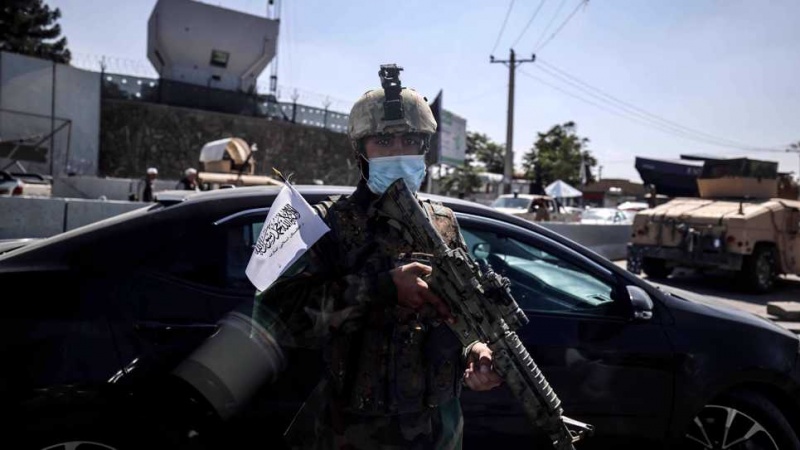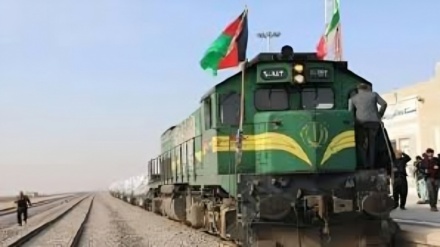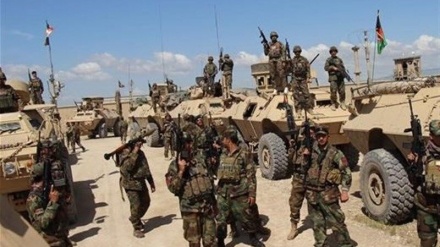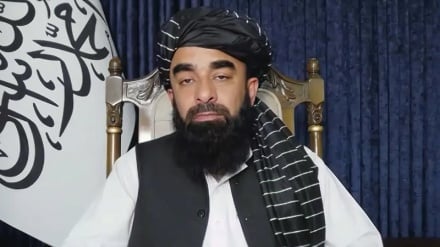Taliban say mulling creation of regular army in Afghanistan
The Taliban are considering the creation of regular armed forces in Afghanistan in the near future.
The group’s Chief of Staff Qari Fasihuddin said during a press conference in Kabul on Wednesday that consultations on the matter were ongoing.
The Afghan army reportedly had more than 300,000 service members, in addition to an air force and other US-supplied equipment, before it collapsed.
The Taliban in Afghanistan had seized billions of dollars of US weapons following the quick collapse of security forces.
The United States claims it has spent more than $80 billion on training and equipping Afghan security forces over the past twenty years. All that failed to stop the Taliban from taking over Kabul.
The United States handed over 75,898 vehicles, 599,690 weapons, 162,643 pieces of communications equipment, 208 aircraft, and 16,191 pieces of intelligence, surveillance and reconnaissance equipment to the Afghan forces between 2003 and 2016, according to a 2017 Government Accountability Office report.
Washington also gave Afghan forces 7,035 machine guns, 4,702 Humvees, 20,040 hand grenades, 2,520 bombs and 1,394 grenade launchers, among other equipment, from 2017 to 2019, according to a report last year from the Special Inspector General for Afghanistan Reconstruction (SIGAR).
Some 46 of those aircraft are now in Uzbekistan after more than 500 Afghan government troops used them to flee Afghanistan following the collapse of the government last week. The rest have been taken over by the Taliban.
The White House has acknowledged that a “fair amount” of weapons have fallen into the hands of the Taliban.
The United States fully withdrew its forces before the Taliban's August 31 deadline to officially end 20 years of war and occupation.
The government of Afghanistan rapidly collapsed on August 15 with President Ashraf Ghani fleeing the country in the face of lightning advances of the Taliban.
The United Nations has recently criticized the Taliban’s interim administration, which is dominated by veteran loyalists, most of them ethnic Pashtuns.
Presenting an oral update on the situation in Afghanistan to the UN Human Rights Council in Geneva on Monday, the UN rights chief Michelle Bachelet said she was “dismayed by the lack of inclusivity of the so-called caretaker cabinet, which includes no women and few non-Pashtuns.”
She pointed in particular to “credible allegations of reprisal killings” of former members of the Afghan national security forces.
SS



